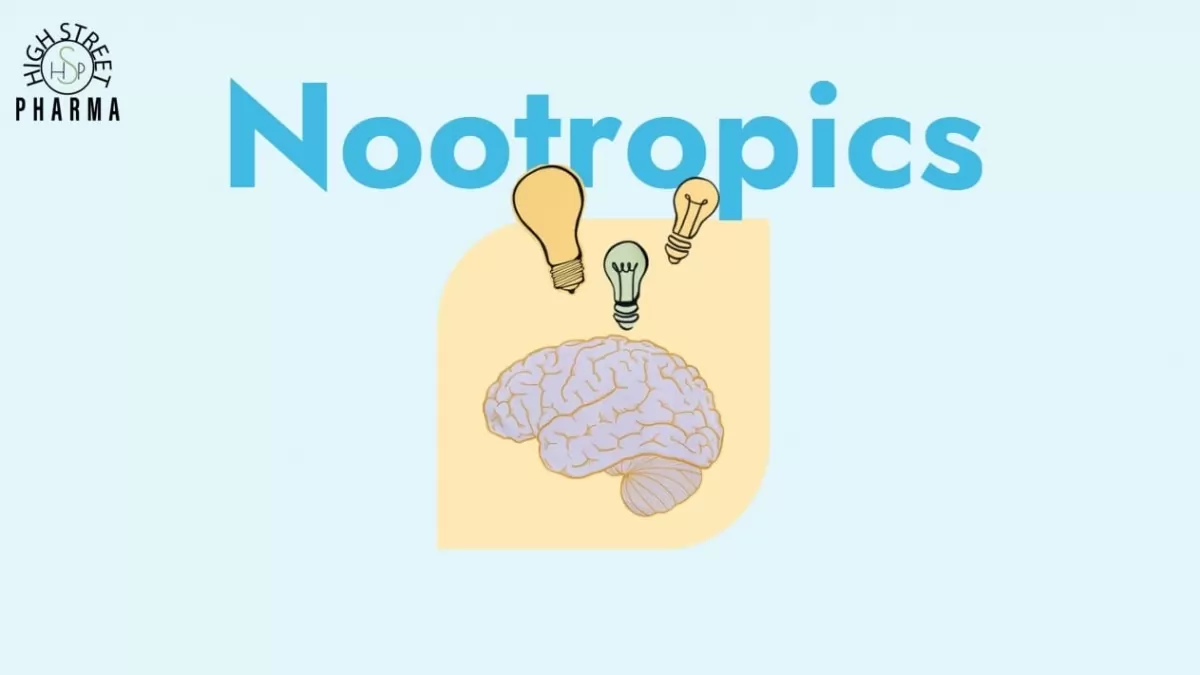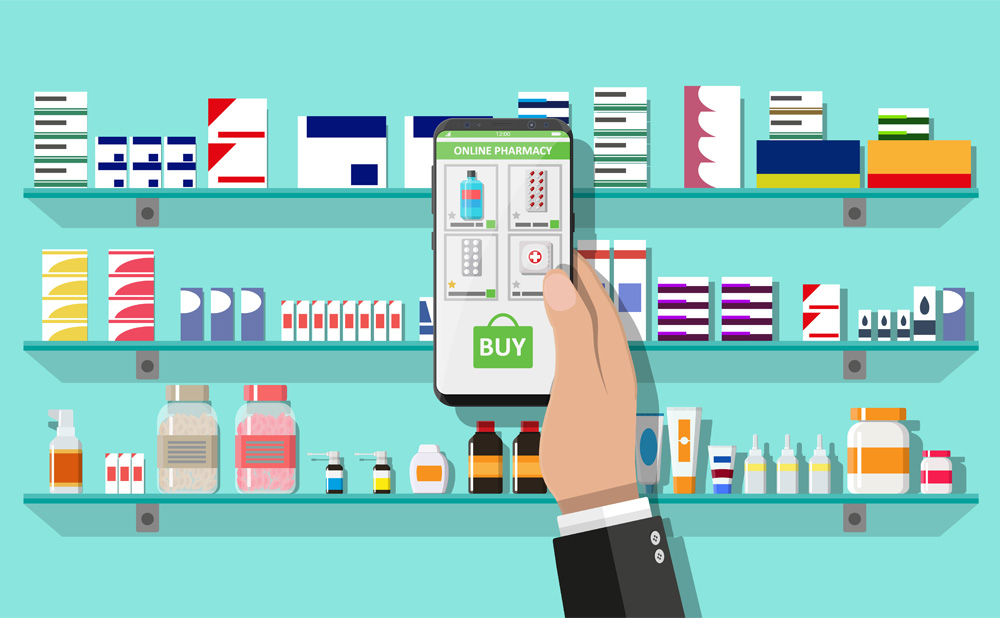
© Copyright 2023 Mark Lopez
. All rights reserved.
A prescription medicine description encompasses vital details for safe usage. It comprises the medication’s name, dosage strength, form (like tablets or liquid), administration route (oral, injection, etc.), dosing frequency, and duration of use. Instructions for proper consumption, such as with food or at specific times, are provided. The prescriber’s information, patient’s details, and pharmacy’s location are included for verification. Additionally, the prescription might indicate if refills are allowed or if a new prescription is required for each supply. Accurate comprehension and adherence to these instructions are crucial for effective treatment and minimizing potential risks or side effects.

© Copyright 2023 Mark Lopez
. All rights reserved.
Eye drops are topical medications designed for ocular use. They come in liquid form and are applied directly onto the eyes. These drops treat various eye conditions, such as dryness, allergies, infections, and glaucoma. They can contain active ingredients like lubricants, antihistamines, antibiotics, or pressure-reducing agents. To use, tilt your head back, pull down the lower eyelid, create a small pocket, and apply the prescribed number of drops. Close your eyes gently for a minute to allow even distribution. Follow the healthcare provider’s instructions for frequency and duration. Proper application helps alleviate discomfort and manage eye-related issues effectively. If any irritation or adverse effects occur, consult a doctor.

© Copyright 2023 Mark Lopez
. All rights reserved.
Modafinil is a prescription medication used to treat excessive daytime sleepiness caused by narcolepsy, sleep apnea, or shift work sleep disorder. It promotes wakefulness by affecting certain neurotransmitters in the brain. It’s taken orally and typically comes in tablet form. The usual dosage is once daily in the morning or as directed by a healthcare provider. Modafinil should be taken at the same time each day to maintain consistent effects. While generally well-tolerated, potential side effects include headache, nausea, nervousness, and dizziness. It’s important to follow the prescribed dosage and consult a healthcare professional for guidance on usage, especially if you have any pre-existing health conditions.

© Copyright 2023 Mark Lopez
. All rights reserved.
Nootropics, often referred to as “smart drugs” or “cognitive enhancers,” are substances that aim to improve cognitive functions like memory, focus, and creativity. These compounds can include natural substances like herbs and synthetic compounds developed for brain health. Nootropics work through various mechanisms, such as increasing neurotransmitter levels or enhancing cerebral blood flow. Users seek potential benefits for studying, work, or overall mental well-being. However, the effectiveness and safety of different nootropics can vary, and consulting a healthcare professional before use is recommended. Nootropics continue to be a topic of scientific research and debate in the realm of cognitive enhancement.

© Copyright 2023 Mark Lopez
. All rights reserved.
Eye care involves practices to maintain optimal eye health. Regular eye examinations help detect and manage vision issues, such as myopia, hyperopia, and astigmatism. Protecting eyes from harmful UV rays with sunglasses, taking breaks during extended screen time, and staying hydrated contribute to eye well-being. Adequate rest, a balanced diet rich in nutrients like vitamin A and omega-3 fatty acids, and proper hygiene are essential. Avoiding smoking and managing conditions like diabetes also support eye health. If experiencing discomfort, redness, or changes in vision, consult an eye care professional promptly. Diligent care promotes clear vision and reduces the risk of potential eye diseases.

© Copyright 2023 Mark Lopez
. All rights reserved.
In today’s fast-paced world, where time is of the essence and convenience is key, the rise of online pharmacies has transformed the way we access our essential medications and healthcare products. Offering a plethora of benefits that cater to our modern lifestyles, online pharmacies have become a beacon of convenience and care, revolutionizing the way we manage our health and well-being.